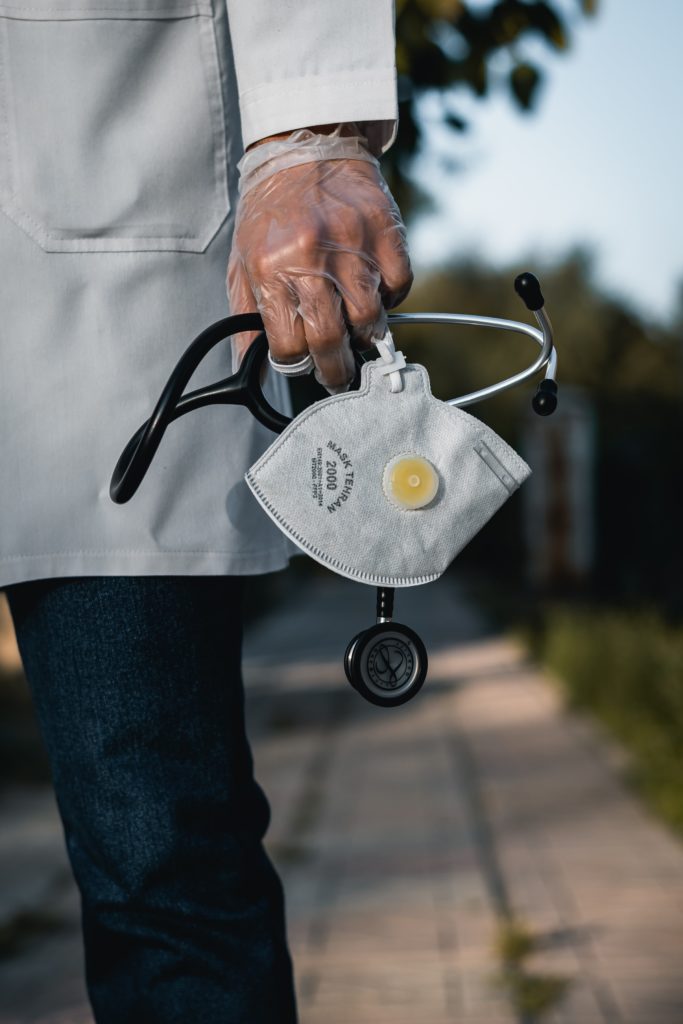Have you ever felt pain in your upper and middle abdomen? A painful feeling of hunger that doesn’t come until a few hours after you eat? Or little stomach cramps that make you jump up and down at night? If this is the case, don’t waste a single second more going and seeing a doctor because it could be an ulcer. Nevertheless, if you are simply curious, then you have come to the right article! So, without further ado, let’s dive into this blog and learn everything you need to know about stomach ulcers.
What is an ulcer?

Also called duodenal, the ulcer is a gastric disease caused by a wound on the stomach’s inner wall. In turn, the wound is caused by excessive production of gastric acid or hyperacidity of the secretions of the stomach, which are supposed to be used for the digestion of food.
This phenomenon is due to an infection left by a bacterium called Helicobacter Pylori in most cases, which lives mainly in the human body’s acidic environments, especially the stomach’s interior. Generally, it is only transmissible in children under 5 years old, but it is supposed that it could be spread to other individuals through saliva, stools, or dental plaques.
However, it is possible to eradicate it with antibiotic treatment, especially triple therapy, which is a treatment to be followed after the analyses. Also, it is possible that this disease is caused by the side effects of taking non-steroidal anti-inflammatory drugs (NSAIDs) or painkillers in excess, smoking or alcohol in excess, and exciting products (such as very acidic foods, spices, coffee, and even tea), and finally the long-term stress.
Is the ulcer dangerous?
What disease would not become dangerous if it is not treated as soon as possible? Indeed, the absence of treatment for an ulcer could lead to complications, the first of which is digestive hemorrhage, which can range from minimal chronic bleeding to blood in the stool or even vomiting of blood in the patient.
Secondly, although this complication is less common, ulcer perforation can occur. This causes a hole in the stomach wall and can lead to severe pain in the epigastrium, followed by nausea, vomiting, pallor, rapid pulse, and a hard stomach. The ulcer can cause even more worrisome events in the rarest of situations.
In the duodenum (the part between the stomach and the small intestine), there can end up being ulcerative stenosis or narrowing of the duodenum. Indeed, the prolonged presence of the Helicobacter Pylori bacteria or the continued use of NSAIDs despite the symptoms can cause these complications, hence the need to take care of the digestive system.
The best treatment for ulcers: prevention

As our ancestors say: “Better safe than sorry”, a quote that is both reasonable and full of wisdom. A poor lifestyle usually causes gastric ulcers, so it would be enough to adjust your lifestyle and habits to avoid getting them. First of all, stop smoking. According to the previous paragraphs, smoking is one of the primary factors of this ailment, so removing this mild narcotic in your life will greatly prevent the disease.
Then, learn to manage your stress: engage in activities or relax, as stress increases the acidity level of your digestive fluid, which should be avoided. The same applies to stimulants such as coffee and alcohol. If you are ill and have to take anti-inflammatory drugs, do not exceed the recommended dosage.
If you feel that your dose is not calming your inflammation, contact your doctor or pharmacist. Finally, follow a healthy lifestyle: well-regulated sleep, a bit of sport, and, above all, a well-balanced diet. If you do not know what to take at mealtimes, consult a nutritionist or a dietician.
Sound off in the comments section below and tell us what you want to read next and if you want to read more about ulcers.


